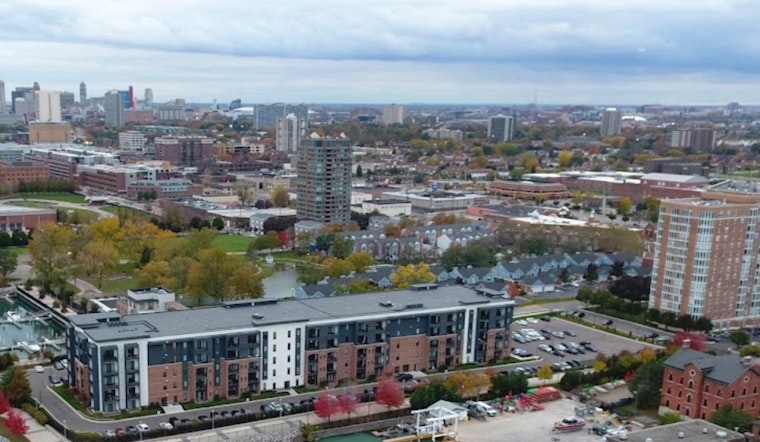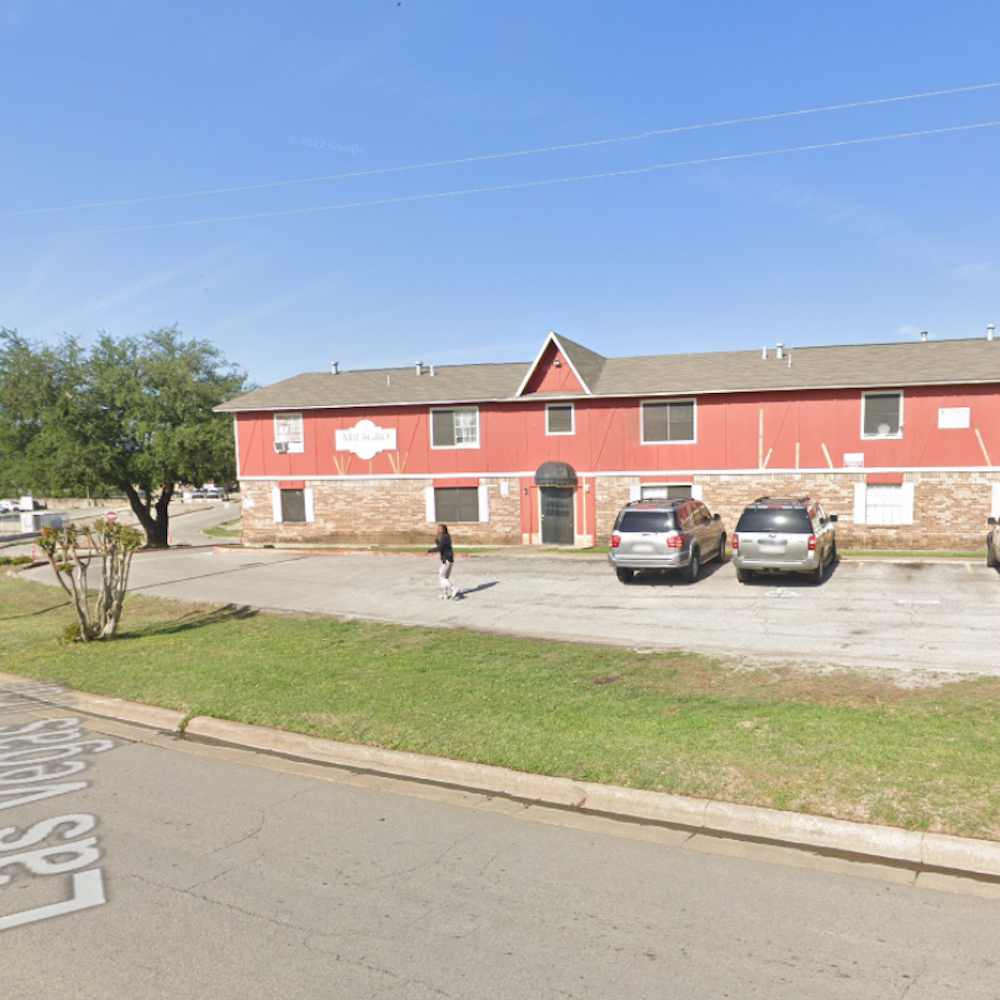
A new study out of the University of Chicago has sparked a heated debate in Detroit, claiming the city has been illegally puffing up the value of its lowest-priced homes for tax purposes. According to a CBS Detroit report, the study took a hard look at Detroit's 2024 assessment roll and discovered that 72% of homes valued at less than $34,000 were overvalued, potentially breaking state law that caps assessments at 50% of market value.
Despite this striking finding, Detroit's Deputy CFO/Assessor Alvin Horhn staunchly contested the study's validity, going on record to say, “The author has said that this study wasn’t prepared and based on Michigan law. That’s an admirable goal. But you can't take a study, which the author has said isn’t based on Michigan law, and use that study to say that we’re breaking this law. To me, that's ridiculous." This comment, laden with skepticism, is seemingly in direct confrontation with the University of Chicago's findings. Meanwhile, both the Michigan Tax Commission and the Wayne County Equalization Department have dismissed the study's claims, as reported by Metro Times.
Horhn further defended the city's position, maintaining that the issues highlighted in the past have since been resolved through spending millions on modernizing the tax assessment process, with new assessments getting the green light from the state tax commission. As a countermeasure against individual grievances over property valuations, the city is encouraging appeals to be filed.
In the midst of this controversy, activist groups, notably the Coalition for Property Tax Justice, are putting up a fight and applying pressure on the local governance. "We now have evidence that the lower value homes continue to be systemically overassessed, and we are here to put a stop to it," affirmed Bernadette Atuahene during a news conference, cited by michiganpublic.org. The group pushes for resolutions to implement a 30% discount on assessments citywide for properties valued below $34,700 and to halt foreclosures of owner-occupied residences facing overvaluation-induced duress.
Arguments on the study and taxpayer fairness are slated to go before the Detroit City Council, with eyes set on legislating systemic change to prevent inflated property tax assessments. This legislative endeavor arrives on the heels of a property tax reform ordinance greenlighted in November 2023, which aims to expedite the review process for questionable assessments. Meanwhile, Detroit homeowners who have felt the brunt of these assessments await the city's next move, reflecting on the over $600 million in overtaxation that hit them between 2010 and 2016 and hoping for a fairer system to emerge from the current turmoil.









